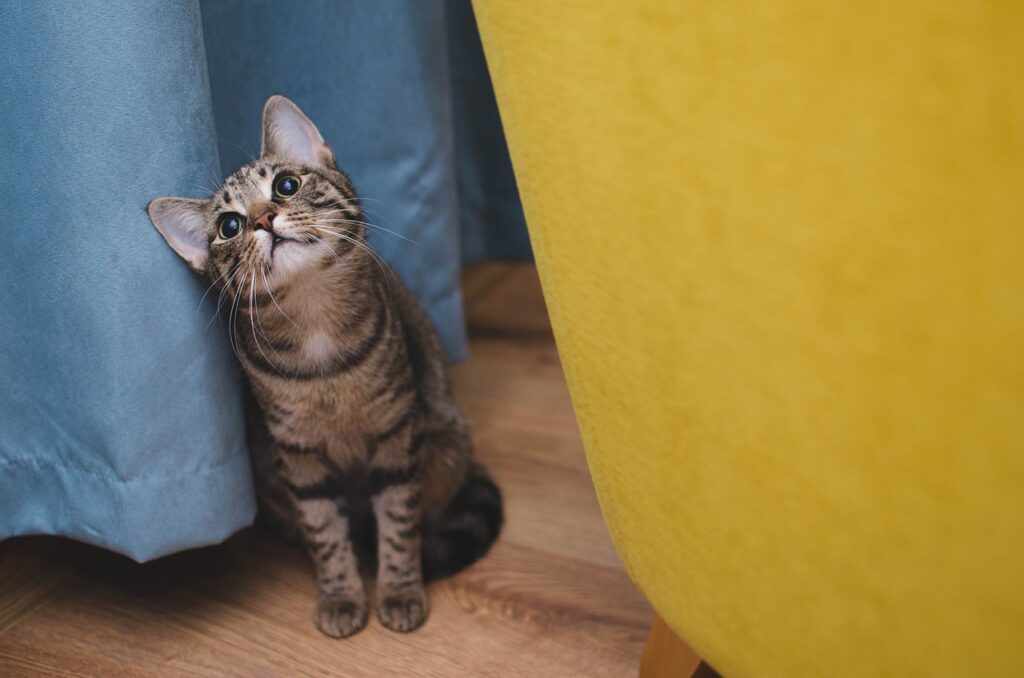Can Cats Eat Liver? – Yes, They Can
Cats are obligate carnivores, which means that they rely on nutrients found in animal products to meet their dietary needs. Liver, being a nutrient-rich organ meat, can be a healthy addition to a cat’s diet when provided in appropriate amounts. It’s packed with vitamins like A, B, and iron, all of which are beneficial for cats. However, it must be served in moderation to avoid hypervitaminosis, particularly from vitamin A, which can occur if a cat eats too much liver.
Can Kittens Eat Liver?
Yes, in small portions. Kittens can reap the same nutritional benefits from liver as adult cats. However, due to their smaller size and developmental status, it’s crucial to offer liver to kittens only in limited, well-portioned amounts. This can ensure they don’t consume too much vitamin A or other nutrients that can be harmful in large doses.
Things to consider when feeding liver to kittens?
When introducing liver to a kitten’s diet, it should be done gradually to monitor any adverse reactions. Also, the liver should be fresh, properly cooked to eliminate any potential pathogens, and served as a supplement to their balanced diet—never as a replacement for their regular food. It’s also essential to consult with a veterinarian for advice tailored to your kitten’s specific nutritional needs.
Nutritional Benefits of Liver for Cats – Why Liver is Good for Cats
Vitamin A
Liver is an excellent source of vitamin A, which is essential for a cat’s vision, growth, fetal development, and immune function. This nutrient also helps with skin and coat health.
High-Quality Protein
Protein is crucial for the maintenance of lean muscle mass. Liver provides high-quality protein that aids in supporting bodily functions and repair.
B Vitamins
The B vitamins in liver, including B12, play a vital role in maintaining a cat’s metabolism and preventing anemia.
Iron
Iron found in liver helps cats produce healthy red blood cells, which carry oxygen to the body’s cells.
Taurine
Taurine is an amino acid that is critical for heart and eye health. It’s not found in high amounts in muscle meats, but liver can provide this essential nutrient.
Potential Allergies: Can Cats Be Allergic to Liver?
While allergies to liver in cats are rare, they can occur. A cat with a liver allergy may exhibit symptoms similar to those caused by other food allergies.
Symptoms of Liver Allergies in Cats
- Itchiness: Continuous scratching or grooming could be a sign your cat is allergic to something in their diet.
- Gastrointestinal issues: Vomiting or diarrhea might occur if your cat doesn’t tolerate liver well.
- Ear infections: Frequent ear infections could also be a signal of a dietary allergy.
What to Do If Your Cat Shows Symptoms?
- Consult a Vet: If you notice any allergic symptoms, seek veterinary advice.
- Elimination Diet: The vet may suggest an elimination diet to pinpoint the allergen.
- Medication: In some cases, your vet may prescribe medication to alleviate the symptoms.
Recommended Amount: How Much Liver Can a Cat Consume?
The recommended amount of liver for a cat to consume should only be a small portion of their overall diet, due to the risk of vitamin A toxicity. Liver can be offered to your cat once or twice a week, ensuring that it makes up no more than 5% of their weekly dietary intake.
Things to Consider When Feeding Liver to Cats
The liver should always be cooked to avoid the transmission of pathogens and to ensure easier digestibility. Avoid feeding too much liver, as excessive amounts of certain vitamins and minerals can lead to health issues. Always provide fresh water and balance the liver with other foods to ensure a comprehensive diet.
How to Feed Liver to Cats: A Quick Guide
The versatility of liver makes it a desirable treat amongst cat owners who wish to provide their feline friends with nutritional bonuses. Cooking the liver before serving it to your cat ensures safety. Below are a few ways to prepare liver for your furry companion.
Simple Boiled Liver
Boil the liver in plain water until it’s thoroughly cooked, then cut it into tiny pieces suitable for your cat’s bite. Let it cool before serving.
Baked Liver Treats
Puree cooked liver and spread it thinly on a baking sheet. Bake at a low heat until dry, then break it into small, bite-size pieces.
Liver and Pumpkin Mash
Blend cooked liver with a small spoon of pumpkin puree for a healthy, fiber-rich treat. Serve in moderation.
Conclusion
Adding liver to your cat’s diet offers many nutritional benefits, but it should always be done in moderation to prevent vitamin A toxicity. When feeding liver to your cat or kitten, it’s crucial to ensure proper preparation and to always consult your veterinarian about your pet’s dietary needs. Remember, while liver can be a healthy part of your cat’s diet, it should only complement, not replace, their balanced nutritional intake.



